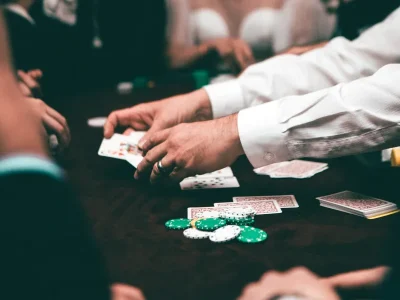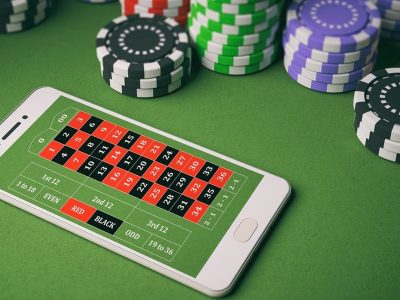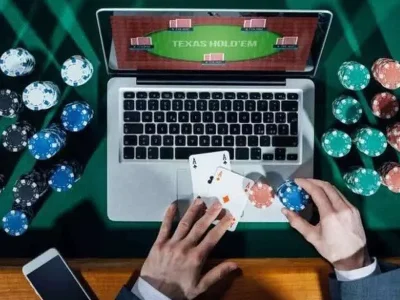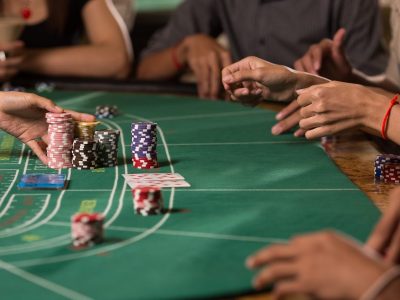Slots are the most popular casino game because of their flashy graphics, innovative features, and life-changing jackpots. Their tremendous payout possibilities certainly tantalize, but are spectacular slot wins produced purely by luck? Or do player choices somehow influence outcomes through applied skill too? Evaluating dynamics behind slot machine functionality helps determine what roles both luck and player skill play, if any, steering players towards those lucrative prize possibilities.
Slots designed around random outcomes
All slots feature preprogrammed symbol weighting tables that randomly dictate visible results after spins using certified random number generators. These RNG formulas churn out billions of number sequences per second in random distributions to select each stop’s symbols aligned across reels and enable paylines when playing resolves. Weighting controls relative rarity adjusting how frequently symbols populate strips increasing or decreasing hit frequency for balancing gameplay despite total randomness. Additional programming qualifies aligned symbol matches next to determine corresponding wins based on predetermined pay tables quantifying payout amounts per result.
This meticulously structured RNG-driven process intentionally lacks predictability so no observable patterns emerge influencing forecasted outcomes. Random results repeat until producing the incredibly rare aligning of jackpot symbols against astronomical odds triggering seven, eight, or even nine-figure prize payouts. With functionality built purely upon random number generation mechanics producing randomized symbol alignments and payout determination, online slots require no skill input from players. Outside initiating spins, slots are devised as games of chance rather than skill reflecting their slot’s ancestry.
Can players influence outcomes through choices?
While เว็บใหม่มาแรง slot machine structures ensure randomness prohibiting skill-influencing core outcomes, players do make various choices during live play affecting experiences and potentially magnifying luck. Selecting particular games that match your budget, volatility preferences, and features provides a better fit with individual gaming appetites. It allows concentrating play where bankrolls stretch farthest across the most enjoyable options maximizing entertainment value. Choosing featured titles also indicates whether basic spins, elaborate immersive graphics, bigger progressives, or cluster pay mechanics define sessions letting players steer experiences matching desires.
During active spins, adjustable betting amounts combined with selectively triggering bonus features influence positioning too. High rolling wagers amplify volatility producing bigger yet less frequent payouts demanding sufficient funds to cover downswings. More conservative minimum bets ensure maximum spin volume over the risk profile. Either approach remains viable catering to volatility and budgetary preferences through user selection. Players also decide whether manually stopping reels trying to better align symbols, or letting them natively resolve speeds, affects perceived outcomes. Early termination produces different results but is still randomly derived by software. Allowing full-resolution playback maintains designed RNG integrity. Both work given personal preference and software adaptation. Maintaining positive attitudes and expecting favorable turnaround rather than sulking over cold streaks refocus energy in constructive directions. Whether this mentally manifests better than actual luck comes down to one’s own beliefs. But good vibes certainly seem welcomed!






Comments